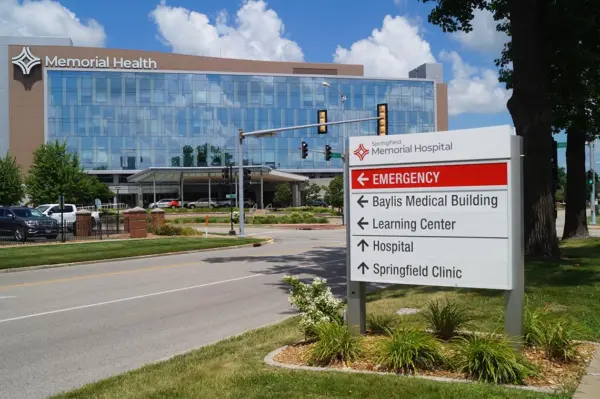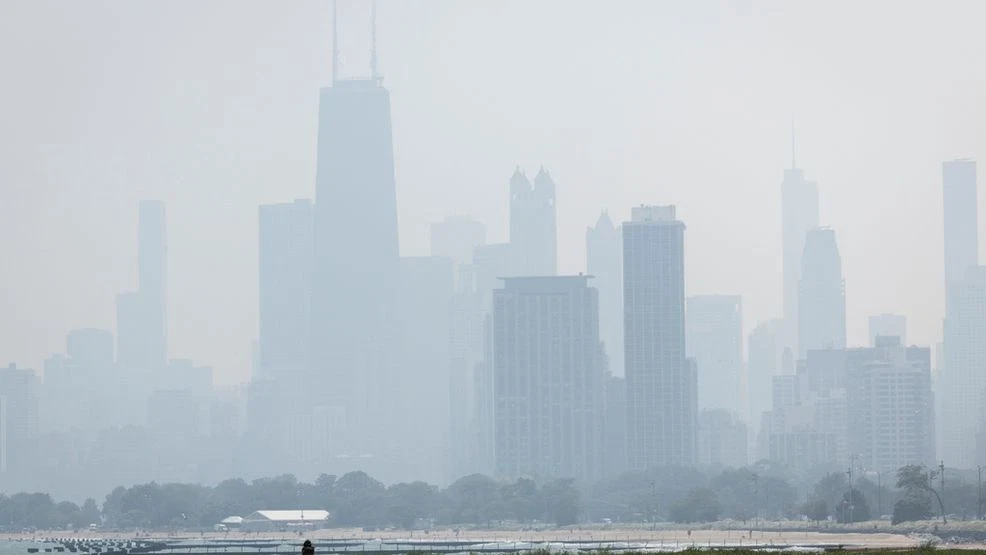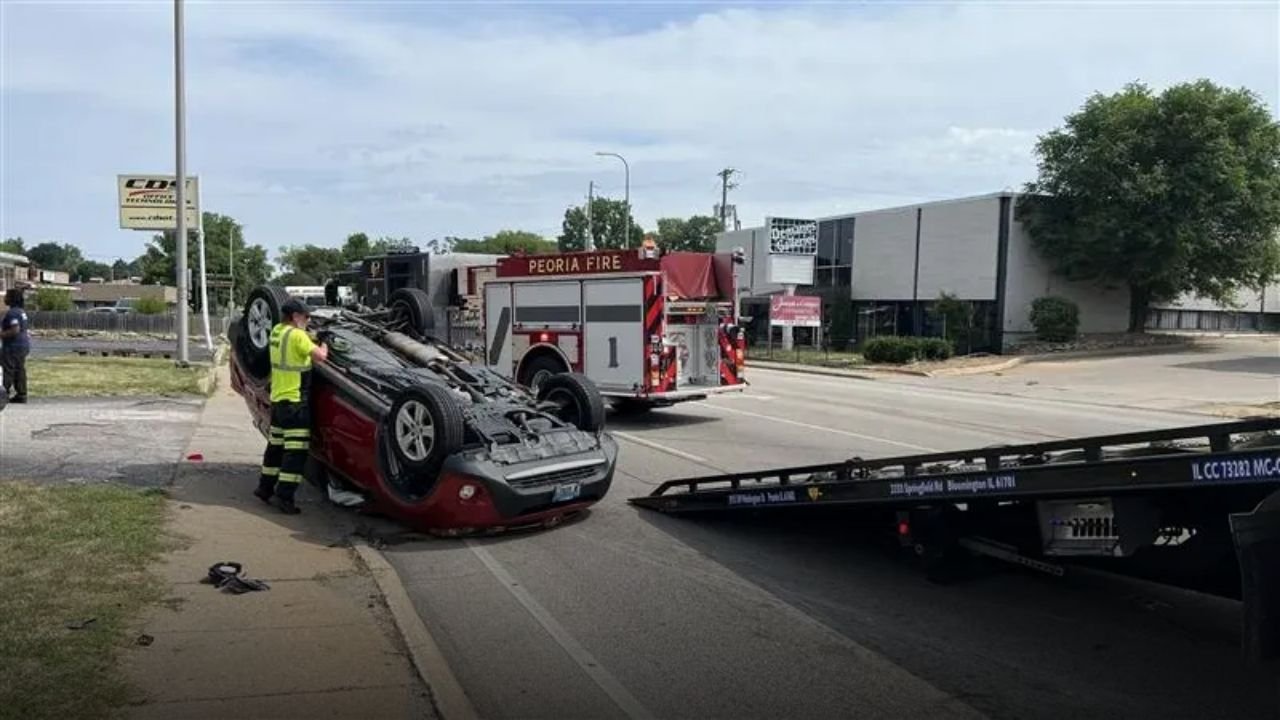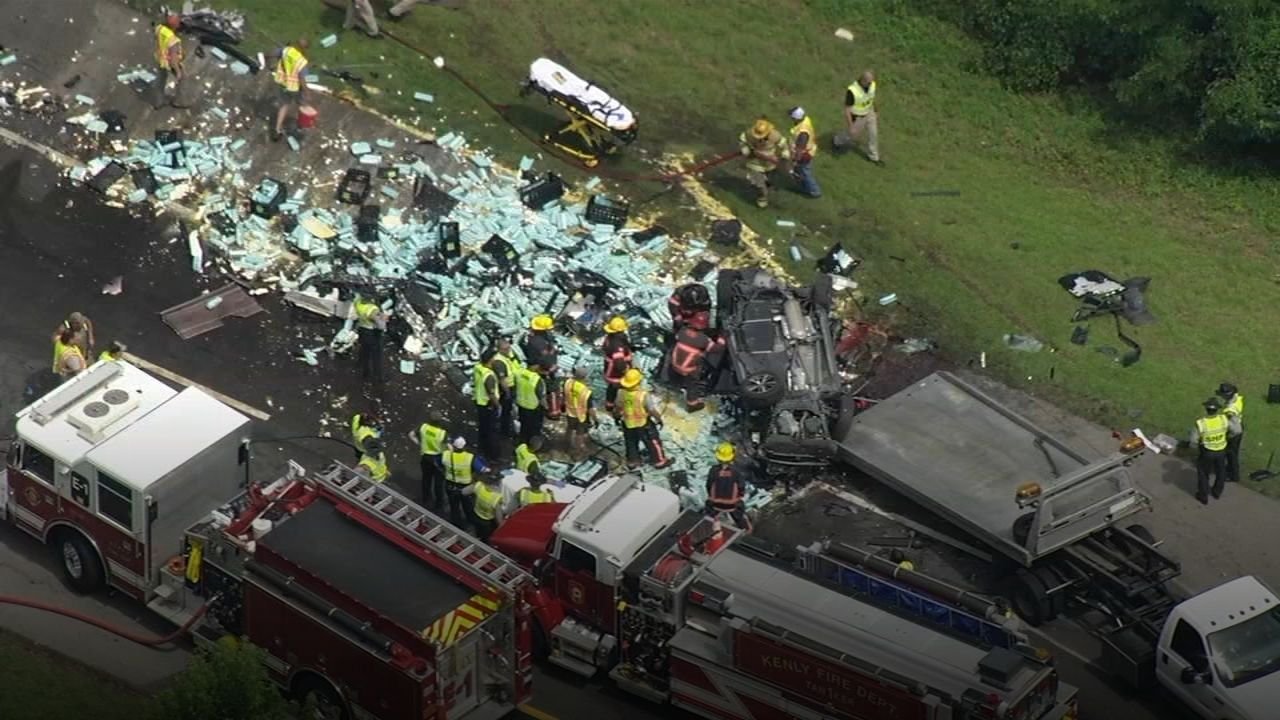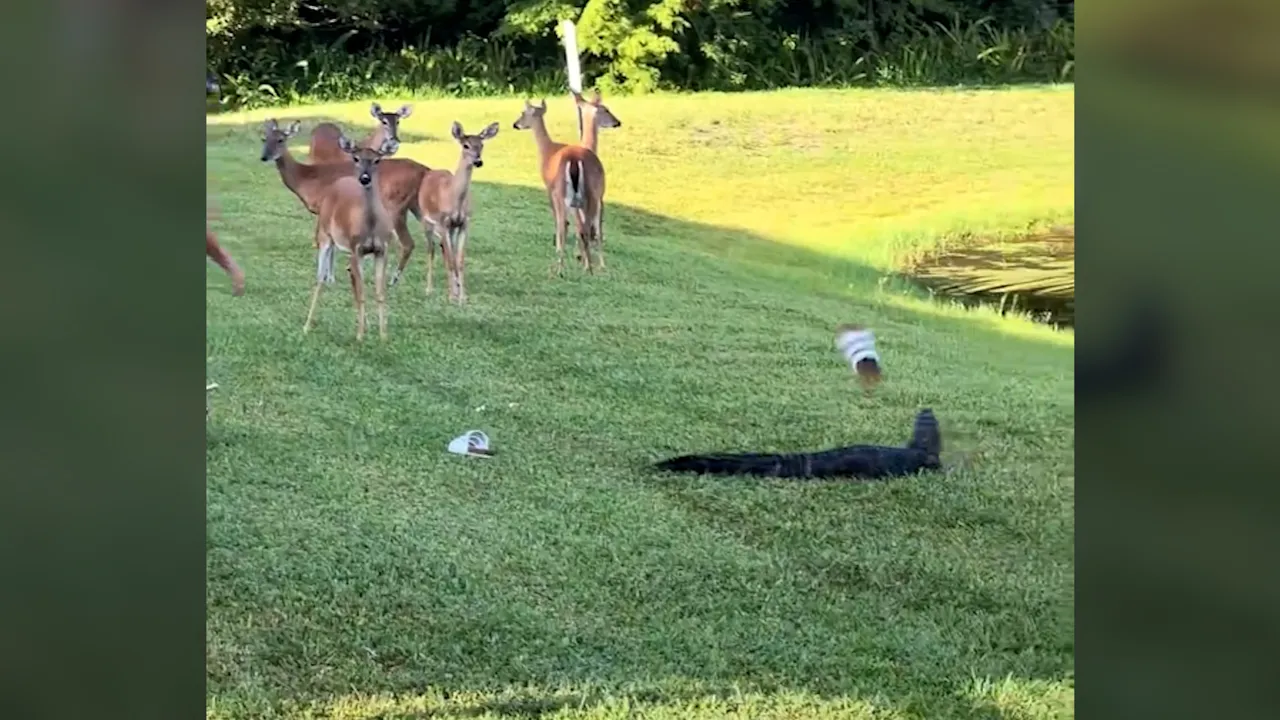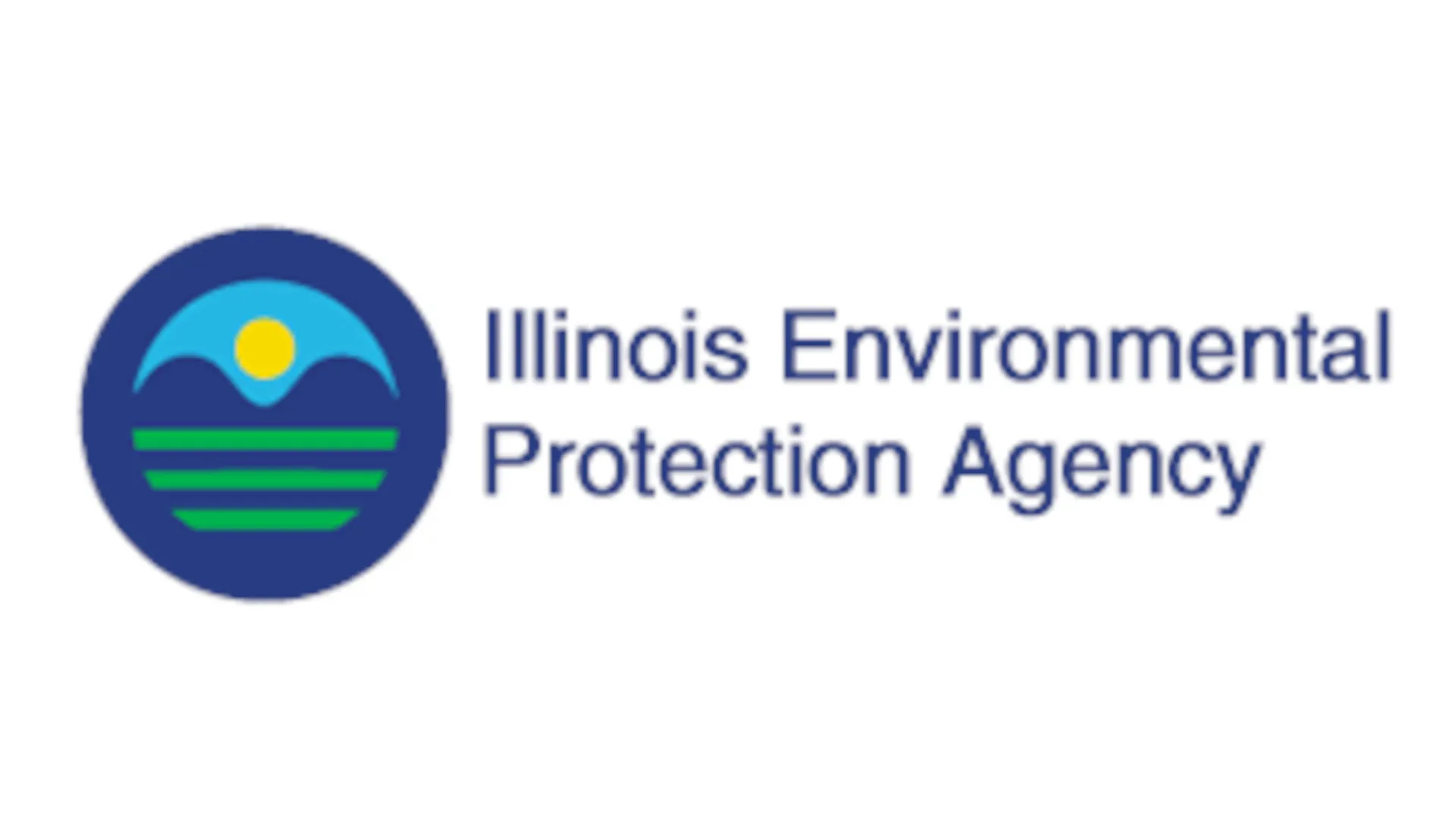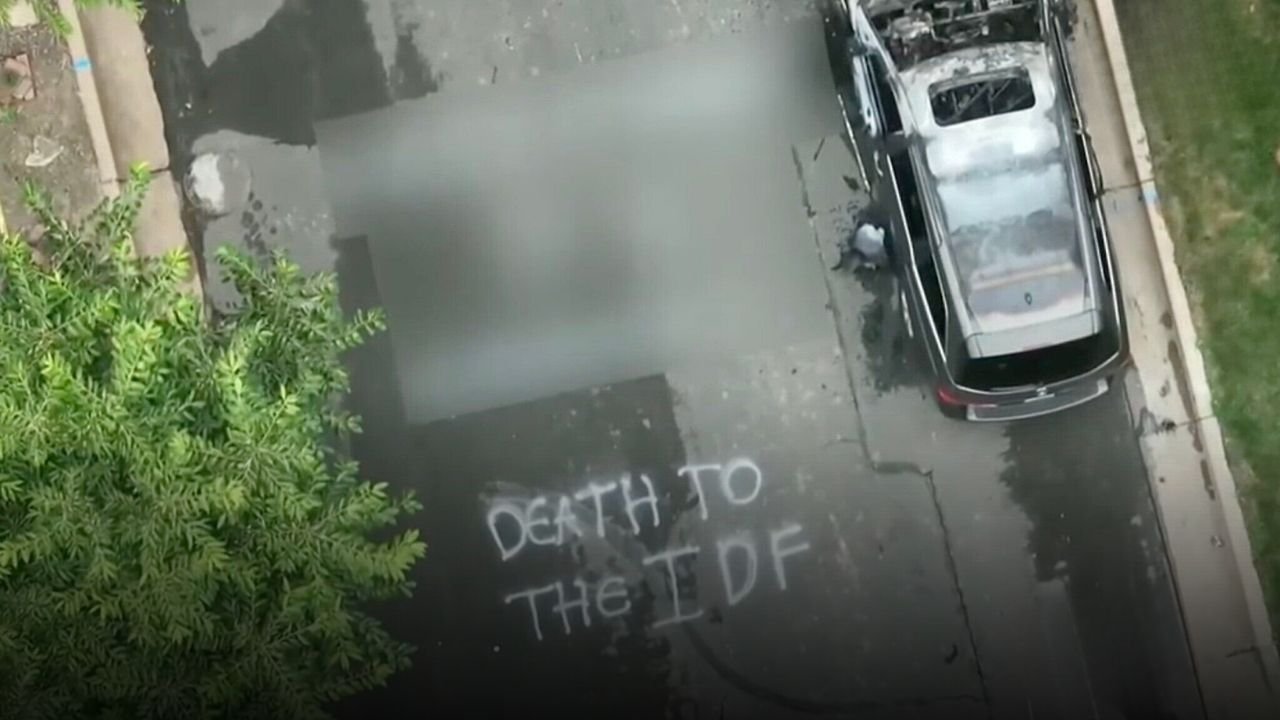ILLINOIS — Governor JB Pritzker has signed a new law that gives Illinois stronger authority to enforce safe drinking water standards, ensuring non-community water supplies across the state meet critical federal requirements.
New Law Grants Enforcement Powers to State Agencies
The legislation, officially Senate Bill 2266, allows the Illinois Department of Public Health (IDPH) to impose civil penalties on facilities like schools, churches, resorts, factories, and restaurants that fail to meet drinking water standards. These types of locations are categorized as non-community water systems because they often draw water from private wells.
The bill also confirms that the Illinois Emergency Management Agency (IEMA) will take the lead in implementing the Safe Drinking Water Act, reaffirming the state’s role in ensuring local oversight.
“If we don’t do it right now, we will lose our authority over these,” said Rep. Nabeela Syed (D-Palatine). “It would be taken up by the federal government.”
Why This Bill Matters for Illinois Residents
The law was passed in response to federal mandates that require state oversight of non-community water systems. Without such legislation, Illinois risked losing control over monitoring and compliance, potentially jeopardizing water quality in public-access buildings.
Sen. Karina Villa (D-West Chicago) emphasized the broader impact on public health:
“When people are out in the community, they deserve to know that the water they use is safe,” she said. “Safe drinking water standards must be enforced to secure the health of our communities.”
More details about the legislation and its enforcement were reported by WAND TV News.
Legislative Support and Immediate Effect
The bill passed with majority support in both chambers, receiving a 75–39 vote in the House and 44–11 in the Senate. Governor Pritzker signed the bill into law on July 1, 2025, and it took effect immediately.
This move helps Illinois remain compliant with federal environmental mandates while reinforcing local authority over water regulation. It also enables faster response times in cases of contamination or safety violations.
Do you think Illinois should have more oversight over its water systems, or should the federal government take charge? Share your take in the comments at ChicagoSuburbanFamily.com.



